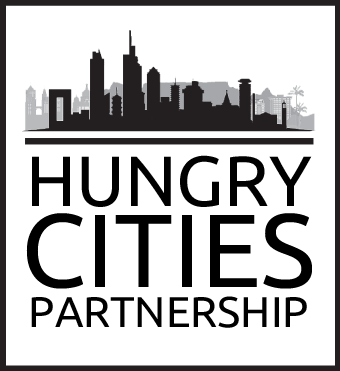Document Type
Hungry Cities Policy Briefs
Publication Date
8-2019
Department
Balsillie School of International Affairs
Abstract
■ Food vending is an important component of the South African economy, where it provides employment, income, livelihoods and contributes to the food security of poorer households.
■ Policies towards the informal food sector in most South African cities are restrictive and often punitive, and undermine the critical contributions of informal food vending.
■ To maximize their impacts, informal food vendors need an enabling policy environment with less red tape, better infrastructure, greater financial and other supports, and public recognition of their positive role in the urban food system.
Recommended Citation
Tawodzera, Godfrey and Crush, Jonathan, "No.04: Enabling Informal Food Vending in Urban South Africa" (2019). Hungry Cities Partnership. 51.
https://scholars.wlu.ca/hcp/51
Included in
Food Studies Commons, Human Geography Commons, Politics and Social Change Commons, Urban Studies and Planning Commons


